What is Kalamata Olive Oil?
Kalamata Olive Oil is one of the most popular and well-known oils globally. It is produced in Kalamata, Greece, and most of it comes from the Koroneiki olive variety. Kalamata extra virgin olive oils have a distinctive, somewhat spicy flavor and aroma and are a natural source of monounsaturated fats and polyphenols.
What is Kalamata PDO?
The Protected Designation of Origin (PDO) refers to the EU Council Regulation (EC) No 510/2006 about the protection of geographical indications and designations of origin for agricultural products and foodstuffs.
When an olive oil carries the Kalamata PDO label, it has a protected designation of origin, which signifies its superior quality. According to EC No 510/2006 specifications, Kalamata PDO olive oils’ entire production cycle, from raw material to finished product (processing and packaging), is carried out in the Messinia region, in Southern Peloponnese (its largest city is Kalamata).
What is the difference between PDO & PGI?
The difference between PGI (Protected Geographical Indication) and PDO (Protected Designation of Origin) is that PGI usually applies to a larger geographical area. As a result, products with the PGI label have less traceability and status compared to the PDO label. As a result, olive oils from Kalamata only bear the PDO label, which signifies their high traceability and superior quality.
How to choose olive oil from Kalamata
The deciding factors
Choosing the right olive oil can be a daunting task. Several indicators need to be taken into consideration, including the grade of the olive oil, the PDO label, and its phenolic content. The following is a non-exhaustive list of criteria for choosing the right olive oil for you:
- Grade of the olive oil (extra virgin, virgin, etc.)
- Unfiltered olive oil
- Olive cultivar (Koroneiki, etc.)
- PDO or PGI labels
- Organic certification
- Polyphenol-rich certification
- Traceable origin (producer or collective)
- Same year production
Kalamata PDO
The first thing to check on a bottle from Kalamata is whether or not it has an official Kalamata PDO label. If it doesn’t, that could mean that parts of the production cycle happen outside the region. If the olive oil had to be transported for packaging or stored in containers for significant periods of time, it could harm the quality of the olive oil.
Extra virgin (EVOO)
The next thing to look at is whether or not it is extra virgin. The extra virgin olive oil (EVOO) designation guarantees that the olive oil comes from cold-pressed olives and contains healthy fatty acids and polyphenols.
Additional factors
Many olive oil producers from the Kalamata PDO go the extra mile, producing superb certified organic and polyphenol-rich extra virgin olive oil. Moreover, Kalamata olives are of the Koroneiki olive tree variety and have a natural advantage in terms of taste and phenolic content.
Moreover, I would wholeheartedly recommend seeking Kalamata extra virgin olive oils that can be traced back to a single olive grove and are from the latest harvest. In my opinion, freshness is perhaps the most important quality indicator of olive oil.
How does Kalamata Olive Oil tastes like?
The predominant olive variety in the Messinia region (Kalamata PDO) is the Koroneiki variety. As a result, olive oils from the region demonstrate the characteristic taste of this variety, featuring intense fruity, and slightly spicy notes.
Health benefits of Kalamata Olive Oil
Many olive oils from the Kalamata PDO, feature high levels of healthy fats and polyphenols that are endemic to the Koroneiki olive variety. According to the EU Commission Regulation 432/2012, olive oil polyphenols contribute to the protection of blood lipids from oxidative stress, and to claim this health benefit on its label, an olive oil should contain at least 5 mg of hydroxytyrosol and its derivatives (e.g. oleuropein complex and tyrosol) per 20 g of olive oil.
Although most high-quality extra virgin olive oils from Kalamata are considered to be healthy, only certified polyphenol-rich extra virgin olive oils from the Kalamata PDO can make this claim on the label.
Final thoughts
Kalamata olive oil is my favorite olive oil. It is the product of the rich olive oil culture in this part of the Mediterranean. It is a product full of healthy fats and with a superior taste. It can be used for frying, as well as for dipping bread and salad dressing. If you seek a superb extra virgin olive oil, Kalamata PDO olive oils will not disappoint you. The Koroneiki olive variety brings a very distinctive taste that you will not find in most other olive oils, including Spanish and Italian products. All in all, Kalamata olive oil is a product that you should definitely add to your shopping list.
